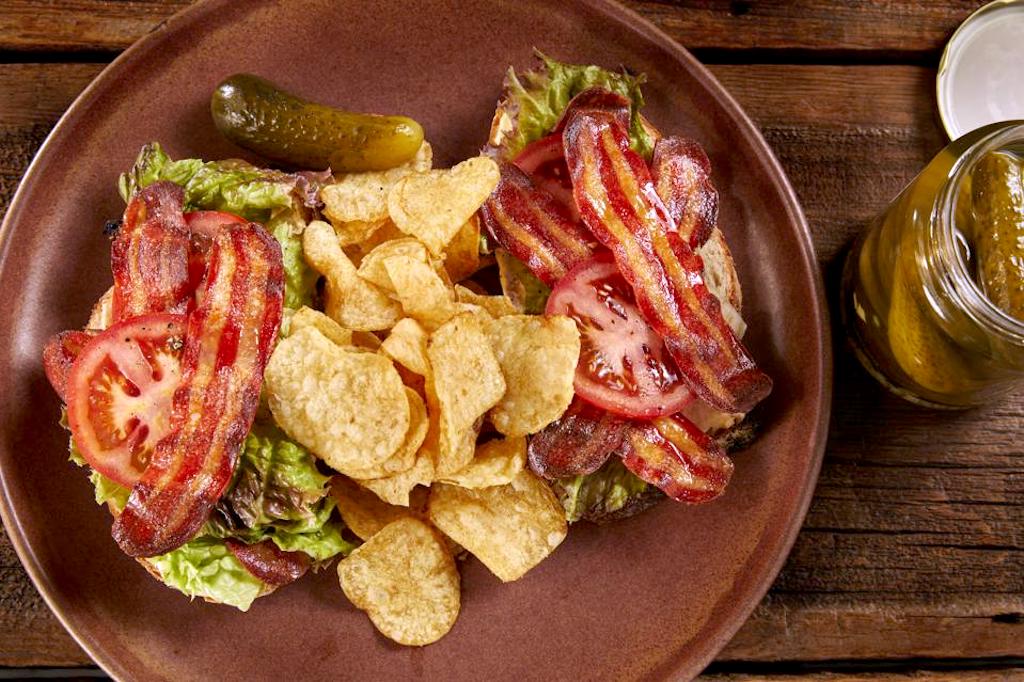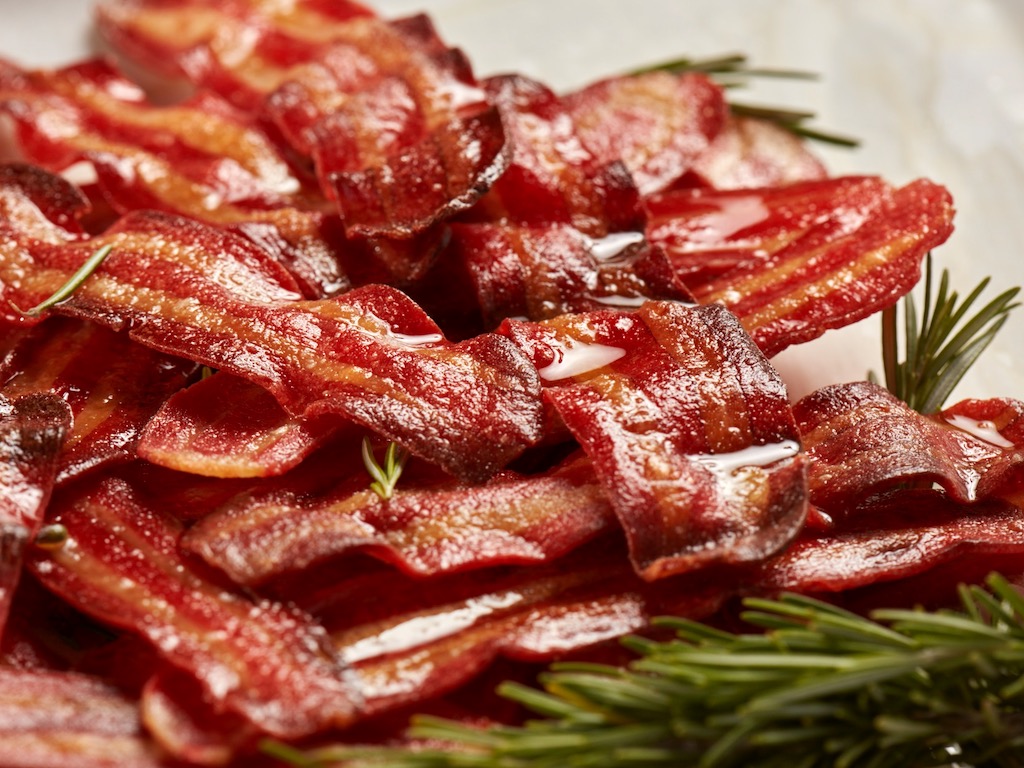Mission Barns Secures US$24M Series A For Cell-Based Fat Pilot Production Plant By Green Monday Ventures & Lever VC Among Others
3 Mins Read
Mission Barns, the Silicon Valley food tech cultivating animal fat, has raised US$24 million in a Series A funding round. The fresh capital will fuel its scale up plans and go towards building its Bay Area-based pilot manufacturing facility, with the view to commercialise its cell-based animal fat technology for applications in plant-based alternative proteins.
Cellular agriculture food tech Mission Barns has raised US$24 million in a Series A financing round, the San Francisco-based startup announced on Wednesday (April 7). The round saw participation from global alternative protein investors, including U.S.-Asian venture capital fund Lever VC, New York-based Humboldt Fund, Swedish private equity Gullspång Re:Food, Hong Kong’s Green Monday Ventures and São Paulo-based Enfini Ventures.
The Series A also saw Blue Ledge Capital, Prithvi Ventures, Joyance Partners and an undisclosed European meat company back Mission Barns, as well as the firm’s seed investors such as Point Nine Capital and Global Founders Capital up their stake.
Proceeds from the funding round will fuel Mission Barns’ scale up strategy, which includes building a pilot manufacturing plant in the Bay Area and commercialising its cell-based fat technology.

Time and again, we see that the addition of Mission Fat to plant proteins makes alternative meat products in any number of categories far outperform the incumbent plant-based options.
Eitan Fischer, Co-Founder & CEO, Mission Barns
The startup plans to first launch its cultivated animal fat – which is developed using animal cells and providing them a plant-based feedstock inside a cultivator – in plant-based meat applications, developing “hybrid” alternative protein products that bear the “meaty” mouthfeel and flavour that consumers desire, without the environmental and ethical impact.
“Time and again, we see that the addition of Mission Fat to plant proteins makes alternative meat products in any number of categories far outperform the incumbent plant-based options,” commented CEO Eitan Fischer, who co-founded Mission Barns with David Bowman in 2018.
Among some of the products that Mission Barns has incorporated its cell-cultured fats into alongside plant-based protein companies and meat producers include bacon, burgers, nuggets, dumplings, hot dogs, sausages and meatballs.
Last year, the food tech launched what was the world’s first cell-based bacon product with cultivated pork fat in an outdoor taste test at two restaurants in the Bay Area.

This is going to be a game-changer for the alternative meat sector, because it’s going to help brands around the world have a dramatically better product almost overnight.
Nick Cooney, Managing Partner, Lever VC
“I’ve been sampling plant-based meats for 20 years from a huge variety of brands globally, and have never tasted anything as meat-like as products containing Mission Fat,” said Nick Cooney, managing partner at Lever VC.
“This is going to be a game-changer for the alternative meat sector, because it’s going to help brands around the world have a dramatically better product almost overnight.”
Mission Barns is among only a handful of companies in the alternative protein space working on solutions for animal fats, and other firms delivering cell-based solutions have also been catching investors’ eyes. London-based Hoxton Farms, for instance, recently bagged US$3.75 million in a seed round, which will go towards developing its cell biology and mathematical modelling-based platform to develop cell-based fats.
Israeli cultured meat firm Meat-Tech 3D is also banking on real, cell-cultured animal fats, having recently acquired Belgian startup Peace of Meat for its cultivated fat platform as part of its plan to launch hybrid alternative proteins containing both plant and cell-based ingredients.
Lead image courtesy of Mission Barns.




